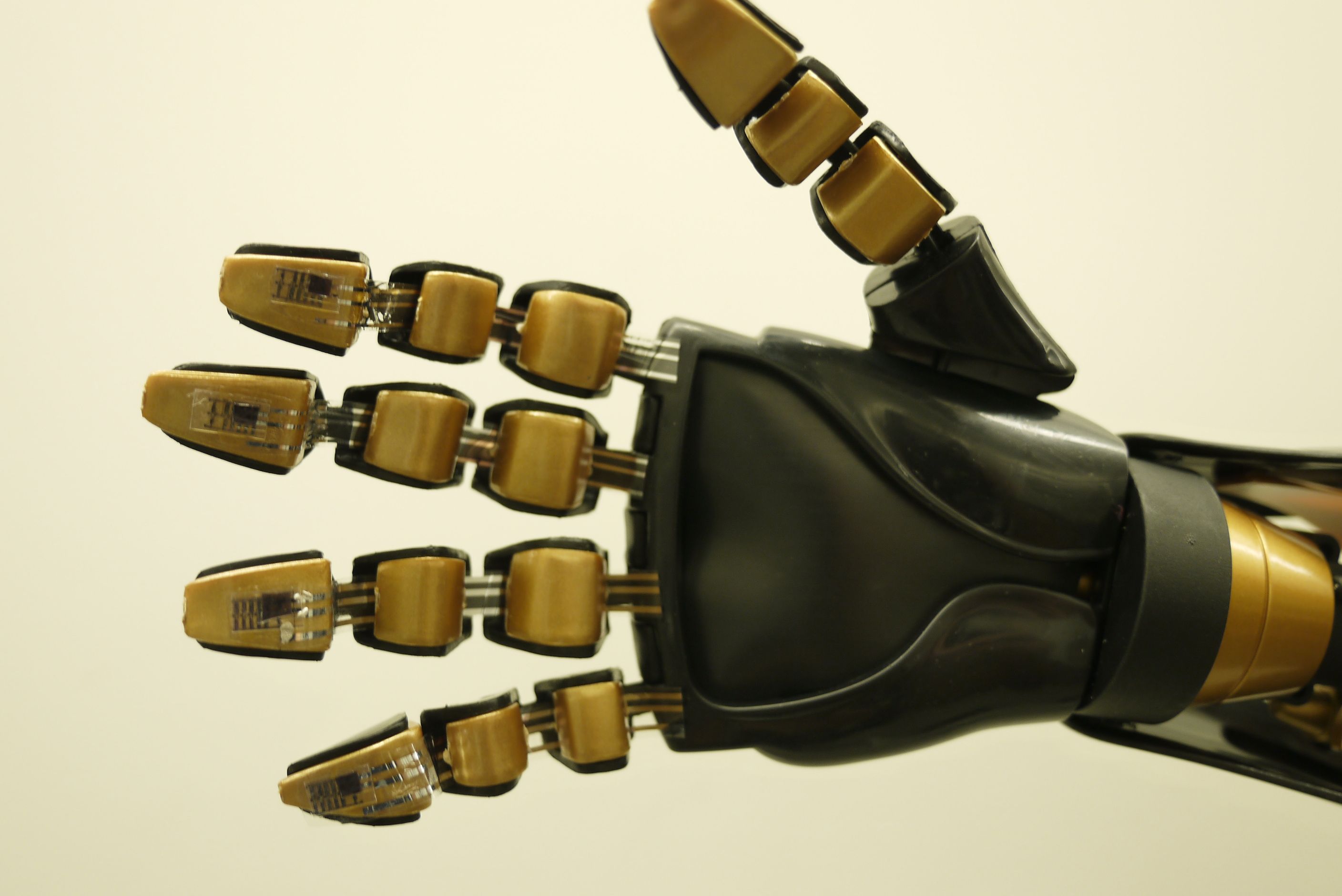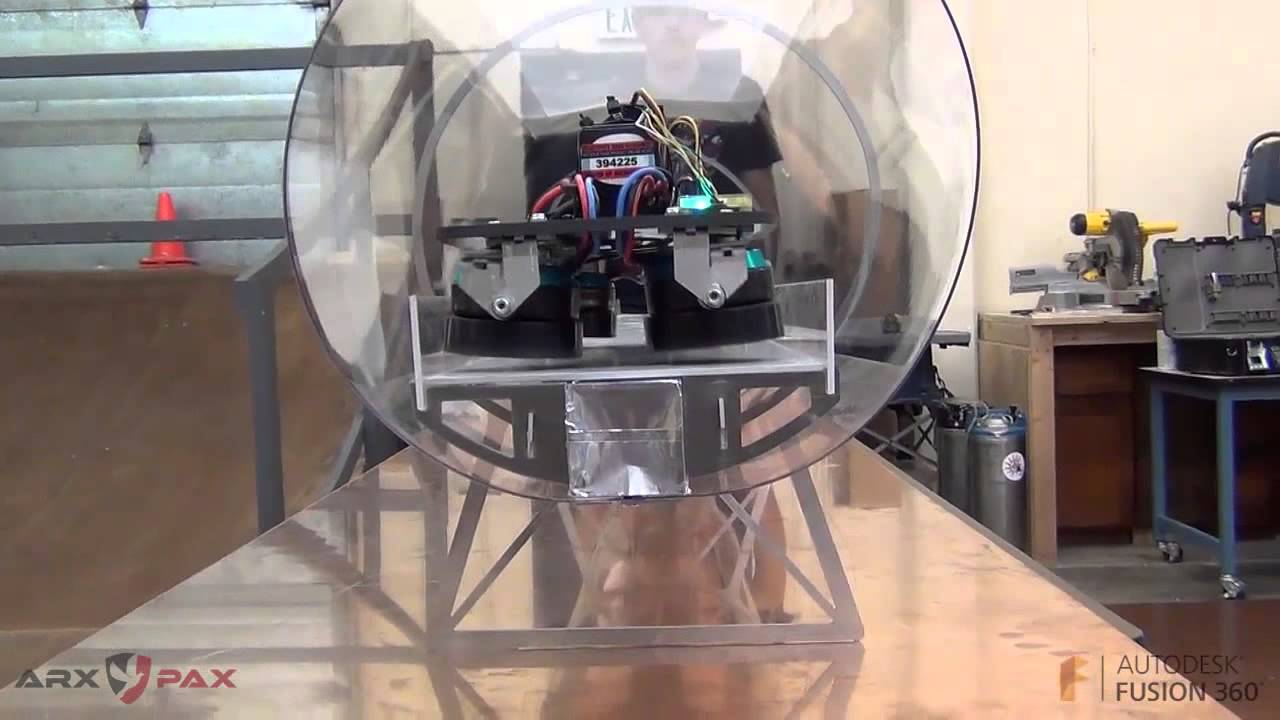Oct 15, 2015
Why An Interplanetary Fuel Stop Makes Sense For Human Missions To Mars
Posted by Bruce Dorminey in categories: energy, engineering, space travel
My take on the MIT study.
Routine human missions to Mars would be much more efficient if they first swung by Earth’s Moon to pick up fuel for the trip, a new MIT strategic engineering study concludes. NASA’s 90’s-era mantra of “Back to the Moon and on to Mars” really does make sense, a new paper published in the Journal of Spacecraft and Rockets notes.
The idea is that a crewed mission to Mars would greatly save on fuel and launch costs if it first made an interplanetary pit stop at a space-based depot to pick up its needed fuel. In this case, such a depot would optimally be placed at the Earth-Moon Lagrange Point 2 (EML2), a point of gravitational equilibrium lying beyond the Moon’s far side.
Continue reading “Why An Interplanetary Fuel Stop Makes Sense For Human Missions To Mars” »

















